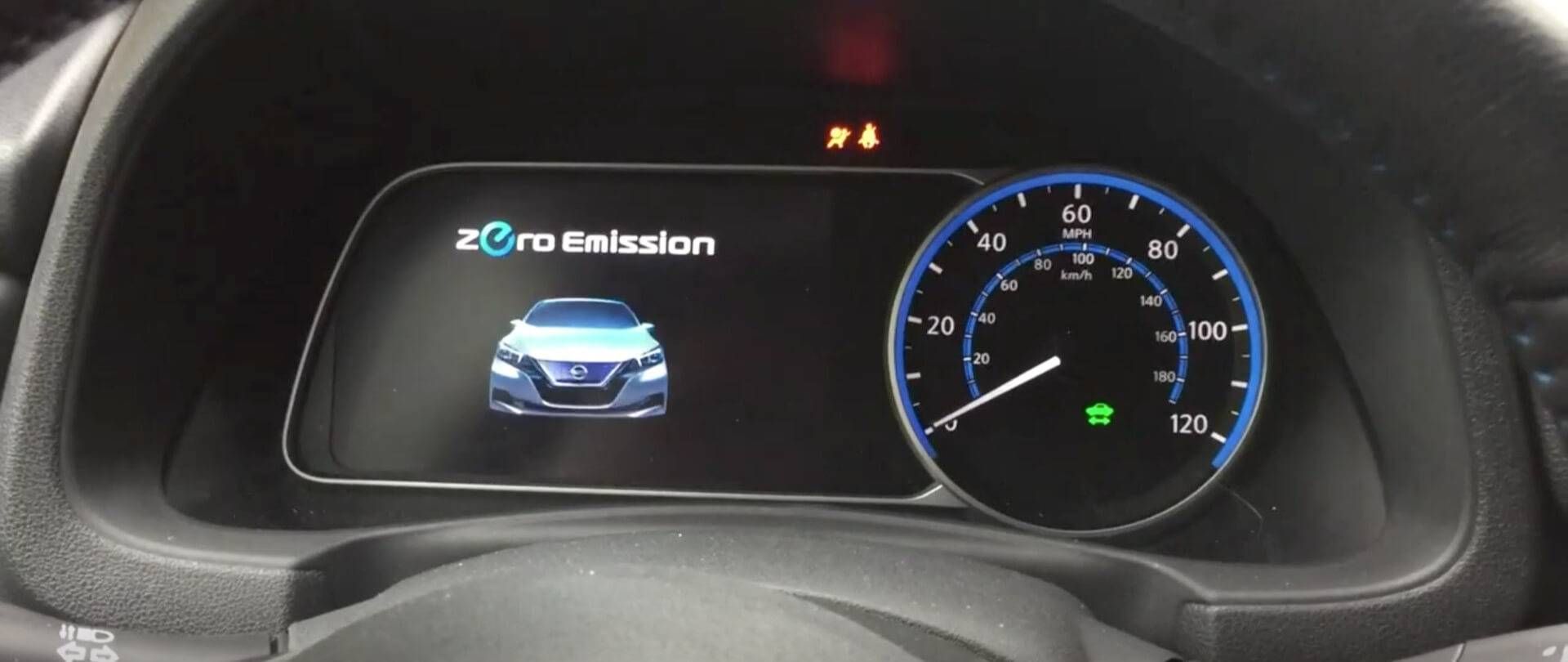Time for an electric road trip?
Electric vehicles have come a long way in just a few short years.
A little over a year ago, I bought a used Nissan Leaf electric car for commuting to and from work. The 2015 model has an EPA range rating of 84 miles on a full charge, and I began to wonder what it would be like to drive my car up north to my brother's cabin, which is roughly 160 miles away. That meant I'd have to charge the car at least once along the way to make it to the cabin, and the trip would take about twice as long as it normally would in a gas-powered vehicle.
To read all about Jerry's first big road trip in his 2015 Nissan Leaf, check out Going on an electric road trip? Discover the pros and cons of electric vehicles.
In the four years since my car was built, the range of electric vehicles has increased dramatically. Chevrolet, Nissan, Kia, Hyundai and Tesla, to name a few, are all building cars that easily exceed 200 miles of range.
This year, I made the trip again in a 2019 Nissan Leaf Plus, with an EPA range of 226 miles, to see how a newer model changes things. The biggest change, of course, is that I did not have to stop to charge the car at all on the way up north. Again, I made a video to document my trip in the new vehicle and to recap what I've learned in the past year from driving my 2015 Leaf through a Minnesota winter.
Battery electric vehicles (BEVs) have a percentage of charge indicator that is equivalent to a gas gauge. In my 2015 Leaf, I had gotten used to thinking in terms of how many more miles of range I had left. In the 2019 Leaf Plus, my thinking soon reverted to the way I drove my gas powered cars. Like most people, I paid more attention to whether the tank was more than half full, or getting low - not how many more miles I could drive.

With a range of 200-plus miles, in normal commuting I wouldn't have to worry about charging the car every night. Instead, I could wait until the charge was getting low, plug the car in overnight, and have a full "tank" by morning. In addition, I was free to choose my route rather than having it dictated by the location of charging stations, and I didn't have to worry about unexpected detours adding miles that could add range anxiety to an otherwise uneventful trip.
This car's EPA range rating for combined city/highway driving is 226 miles. Actual range varies depending on a lot of things, including driving speed and weather conditions. The route I took to the cabin on this trip was about 180 miles. It was a hot day, so I had the air conditioning on and I drove the highway speed limit most of the time. When I arrived at the cabin, I had 39 miles of range and 16% charge remaining. That puts my actual range at about 219 miles.
Even with power demands for heating, electric cars are still more efficient in the winter than gas-powered cars. And the efficiency advantage gets even better in warm weather. Miles-per-gallon-equivalent (MPGe) ratings are used to compare energy efficiencies to gas or diesel fuel vehicles. Many, many electric vehicles have ratings of more than 100 MPGe. And according to the U.S Department of Energy, when comparing current residential electric rates to the cost of regular gasoline in Minnesota, an equivalent amount of electric energy costs about half that of gasoline.
Clearly, the currently available all-electric vehicles make longer road trips doable, especially if there is a high-speed charging network on your route. If you need to make extended road trips from time to time, a plug-in hybrid electric vehicle (PHEV) may be a good fit for you. PHEVs have electric-only ranges of 30 to 50 miles or so, enough to handle daily commuting for most drivers. Personally, I like all-electric vehicles because of their low maintenance needs.
Pickup trucks and SUVs are the next big thing in electric vehicle development. Whatever your driving needs are, there is an electric vehicle on the market now - or coming very soon - to meet them.
